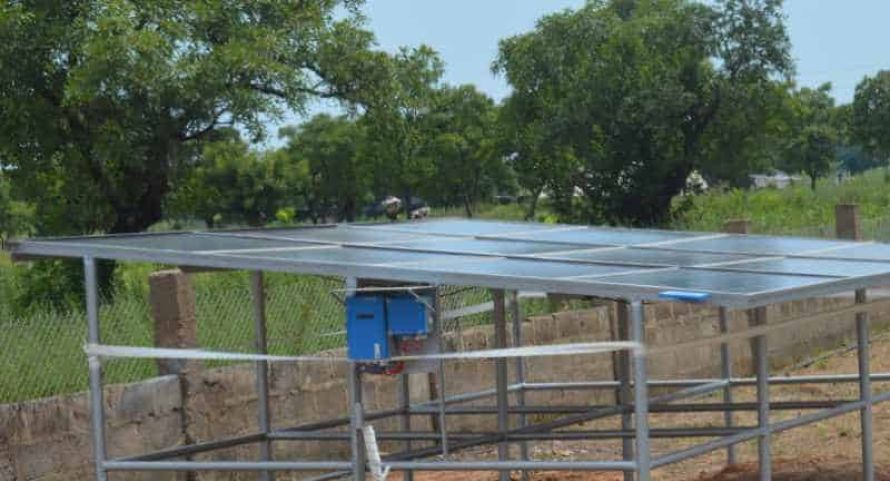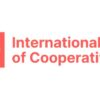Remote monitoring makes solar systems more durable

Without regular maintenance, up to 70 percent of solar systems in health centres fail in the long term. Therefore, it makes sense to maintain the systems regularly. Data analysis via remote monitoring could be a cost-effective option for this and help to plan solar plants based on facts in the future. To this end, Green People’s Energy (GBE) works together with the Access to Energy Institute (A2EI).
After only five years, almost 70 percent of the solar systems installed in health centres fail because they are not regularly maintained and necessary spare parts are not replaced. This is the result of a study of Green People’s Energy in Benin’s health centres and the Berlin-based Access to Energy Institute (A2EI). The arrival and departure of maintenance technicians in rural areas is time-consuming and therefore expensive. The management of many health centres shies away from this – with negative consequences.
The installation of intelligent data loggers, on the other hand, would make it possible to read and analyse important data via remote monitoring and make it available to customers via an online platform, according to A2Ei and GBE Benin. “With good reason, organisations, municipalities and the management of health centres pay great attention to the installation of solar systems. Unfortunately, this interest in maintenance issues is lacking, which is why many systems fail unnecessarily,” says Razvan Sandru from the GBE. In most cases, solar systems fail due to lack of maintenance and care. “It is not only health centres that lack the financial, institutional or technical capacity to repair them or replace defective parts. This reduces the sustainability of solar installations unnecessarily,” adds the head of GBE Benin.
One shortcoming: When maintenance contracts are concluded with private operators, it is difficult for government agencies or the management of these centres to see whether the maintenance is really carried out and whether the solar systems are working in remote villages.
Now, the Beninese Agency for Health Infrastructure, Equipment and Maintenance (AISEM), together with A2EI, supported by GBE and GET.invest, has installed 20 data loggers in ten network-connected and ten off-grid healthcare infrastructures. The real-time data transmitted by the data loggers is displayed on A2EI’s online platform and provides data-driven insights to various state actors, private operators and financiers. Discussions are underway for a second wave of additional data loggers in remote off-grid and additional off-grid health centres funded by GBE Benin.
With the help of the visualizations on the A2EI platform, those responsible for each individual health centre not only receive automatically updated data information, but also an analysis of the entire portfolio of solar systems installed in the health infrastructures. On this basis, they can then initiate maintenance, which can then either be carried out by the personnel on site or by requesting maintenance personnel.
Reliable and most cost-effective solution
The shift to more sustainable electrification models , such as service-based electrification approaches by private operators, requires accurate assessment of performance. The most reliable and cost-effective solution is the collection and analysis of real-time information through intelligent data loggers.
The use of data loggers has additional advantages: the information collected makes it possible to assess the quality of the electricity connection and the service provided by the private operator. And they make it possible to not only estimate the dimensioning of systems of future electrification projects, but rather to determine them on the basis of facts. This results in solar systems that cover the needs of health centres more accurately, are less likely to be oversized and thus save public money.
The Access to Energy Institute (A2EI) will be the collaborative platform that tracks progress towards SDG 7 in Benin. The Berlin-based institute provides open source data as well as on-site research and analysis of solar solutions and software platforms for their management. Based on this data, A2EI develops and sells solar generators tailored to local needs.
GBE Benin is a project funded by the German Federal Ministry for Economic Cooperation and Development (BMZ) with the aim of facilitating, expanding and securing the supply of sustainable energy in rural Africa. It relies on a broad participation of small and medium-sized enterprises, municipalities, cooperatives, public associations and citizens.





